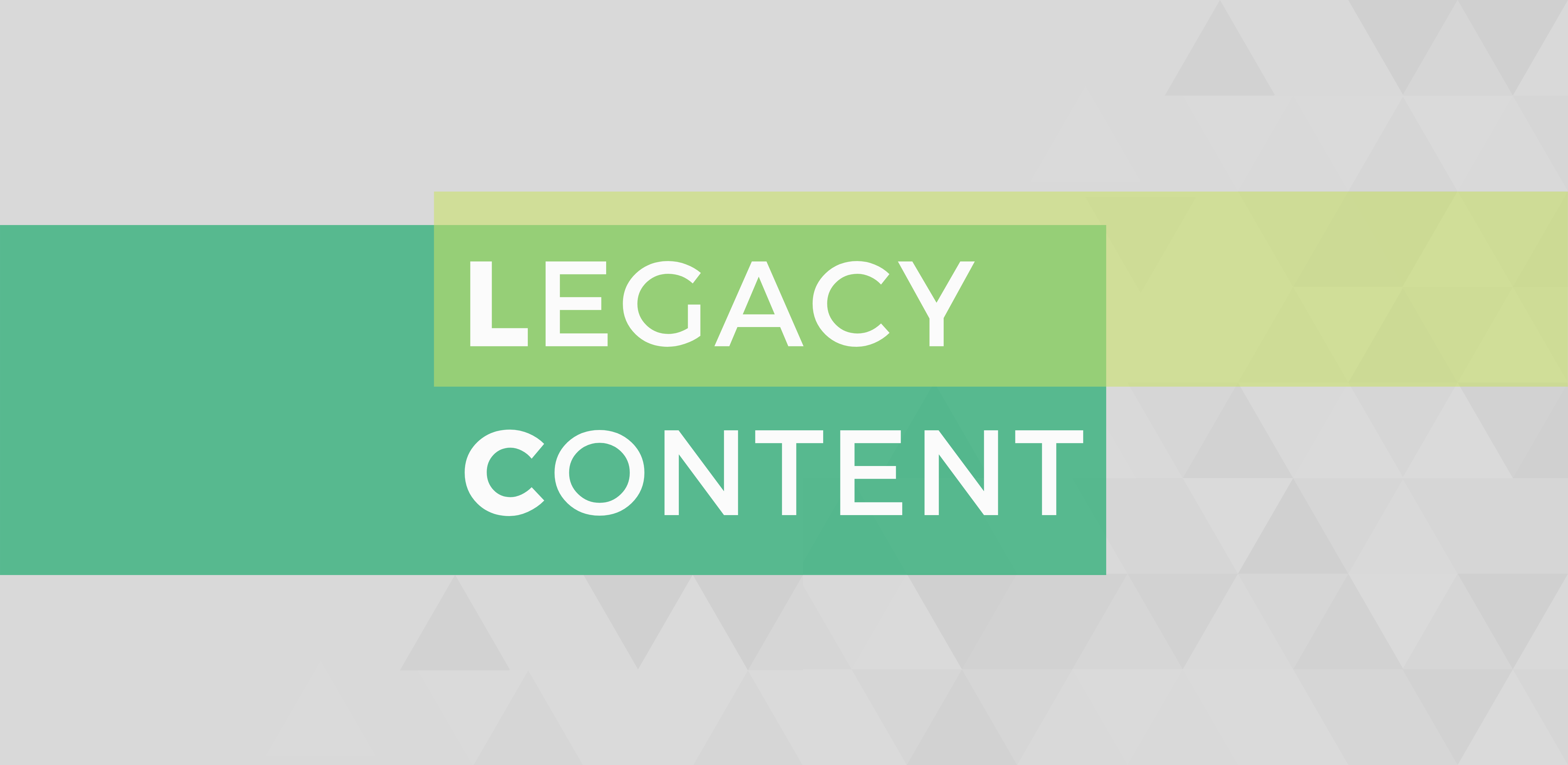Page 2 of 8
Continuous Improvement Theory and Methodology for Lower Stakes Accountability Models
REQUEST ACCESS

Tags: Policy and Evidence
January 1, 2012
Continuous Quality Improvement in Afterschool Settings: Impact Findings from the Youth Program Quality Intervention Study
Abstract Background: Out-of-school time programs can have positive effects on young people’s development; however, programs do not always produce such effects. The quality of instructional practices is logically a key factor but quality improvement interventions must be understood within a multi-level framework including policy, organization, and point of service if they are to be both … Continue reading Continuous Quality Improvement in Afterschool Settings: Impact Findings from the Youth Program Quality Intervention Study
Defining High Quality for Afterschool Learning During the COVID-19 Pandemic
Since the onset of the coronavirus pandemic, as schools grappled with the sudden demand for remote instruction, afterschool and other out-of-school time (OST) programs have been striving to adapt. As programs expand their remote offerings and gradually reopen, there is a need for guidance. Delivering the same high-quality supports to children and youth at home … Continue reading Defining High Quality for Afterschool Learning During the COVID-19 Pandemic

July 13, 2020
Design Study for the Summer Learning Program Quality Intervention (SLPQI)
The Summer Learning Program Quality Intervention (SLPQI) is a continuous improvement intervention for summer learning systems and settings. The intervention includes: (a) standards and measures for high-quality instructional practices, (b) data products and technology for meaningful feedback, (c) a plan-assess-improve cycle at each summer site, and (d) supports necessary to design and implement the prior … Continue reading Design Study for the Summer Learning Program Quality Intervention (SLPQI)
Tags: Evaluation Exemplars from QIS Data
January 1, 2017
Evaluation of Afterschool Improvement Process: Oklahoma 21st Century Community Learning Centers
Since 2007, the Oklahoma State Department of Education has operated a quality improvement system (QIS) for its approximately 100 federally-funded 21st Century Community Learning Centers (OK 21CCLC) afterschool programs with the explicit purpose of improving the performance of these service providers. This report draws upon data from 23 performance measures collected annually over multiple annual … Continue reading Evaluation of Afterschool Improvement Process: Oklahoma 21st Century Community Learning Centers
Tags: Evaluation Exemplars from QIS Data
March 1, 2017
Evaluation of Program Quality and Social and Emotional Learning in… Social Circus Programs
This report exemplifies use of the suite of SEL measures and benchmarks in the American Youth Circus Organizations network.
Tags: SEL Performance Standards
December 1, 2017
Evolving the Standard for High Quality (Fall 2022)
In the prior two blogs, we talked about how a group of master afterschool teachers at 25 afterschool sites in Genesee County have responded to the pandemic years. One important area of evolution was the new service models that put staff in the field visiting homes and meeting parents at drop off sites, producing a … Continue reading Evolving the Standard for High Quality (Fall 2022)

March 28, 2023
Findings from the Self-Assessment Pilot in Michigan 21st Century Learning Centers
Overall 24 sites within 17 grantees participated in the self-assessment pilot study by assembling staff teams to collect data and score the Youth Program Quality Assessment (PQA). At each site an average of 5 staff spent an average of 13 staff hours to complete the self-assessment process. Whether using an absolute standard or group norms … Continue reading Findings from the Self-Assessment Pilot in Michigan 21st Century Learning Centers
Tags: 21st CCLC, observational-assessment-methodology, PQA, quality improvement, Self-Assessment
January 1, 2005
Framing an Evidence-Based Decision About 21st CCLC
Summary In this commentary we’ve described a mismatch between the afterschool theory of change and the intent-to-treat evaluation design, suggesting that when these powerful evaluation designs are applied to broad developmentally focused programs such as 21st CCLC, the effect sizes are likely to be small but substantively important. We’ve also suggested that afterschool evaluations need … Continue reading Framing an Evidence-Based Decision About 21st CCLC
March 27, 2015